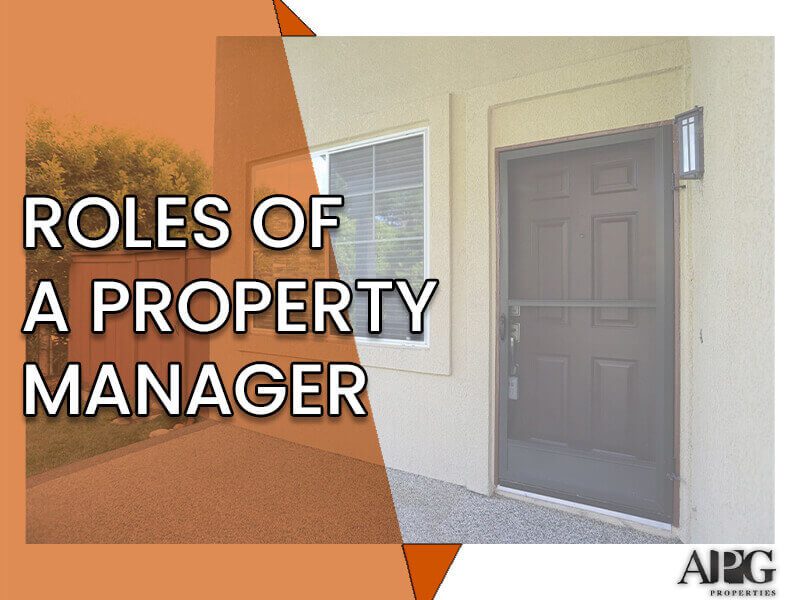Property management plays a crucial role in the real estate industry, ensuring the effective administration and maintenance of various properties. From residential buildings to commercial complexes, property managers oversee every aspect of a property’s operation to ensure its smooth functioning and maximize its value.
Introduction to Property Management
What is property management responsibilities aimed at? Property management involves various duties in maintaining and increasing the value of real estate assets. It involves the supervision of both residential and commercial properties, including apartment buildings, office spaces, retail centers, and industrial facilities.
Property management refers to the oversight and operation of real estate properties on behalf of the owner. It involves tasks such as rent collection, property maintenance, tenant relations, and financial management to ensure that the property operates efficiently and generates income for the owner.
Effective property management is essential for preserving the value of real estate investments and maximizing returns. By maintaining properties in good condition, attracting and retaining quality tenants, and optimizing rental income, property managers contribute to the long-term success of real estate portfolios.
Understanding Property Management
Property management involves a multifaceted approach to overseeing real estate assets, encompassing various tasks and responsibilities aimed at maximizing the property’s value and ensuring its efficient operation. At its core, property management revolves around the effective management of both tangible assets, such as buildings and land, and intangible assets, such as tenant relationships and revenue streams. Understanding what is property management is essential for anyone involved in real estate, as it forms the foundation for successful asset management and investment strategies.
Roles of a Property Manager

The roles of and cost of hiring property manager can vary depending on the type of property and the needs of the landlord. A property manager main duties includes:
- Rent collection: The property manager is responsible for collecting rent from tenants on behalf of the landlord. The property manager will handle any late payments or if necessary, eviction proceedings.
- Repairs and Maintenance: Property manager will oversee any repairs or maintenance needed on the property. They will hire contractors or vendors for repairs and ensure that the work is done promptly and efficiently.
- Tenant relations: Property managers handle any tenant concerns or complaints. Property managers also are responsible for finding new tenants when necessary.
- Legal compliance: The property manager will ensure that the property is in compliance with all local, state, and federal laws and regulations.
Financial management: The property manager will handle the financial aspects of the property, including budgeting, accounting, and record keeping.
Types of Property Management

To understand what is property management, let’s look at its various aspects. Property management involves taking care of different types of properties like homes, offices, and factories. Each type needs special care and knowledge. Let’s break down each of these:
Residential Property Management
Residential property managers oversee apartment complexes, single-family homes, and condominiums, ensuring that tenants have a comfortable living experience and addressing any issues that may arise. They can manage:
- Multi Family homes
- Single-family homes
- Town houses
- Manufactured homes
- Real estate-owned (REO) properties
- Apartments
- Condominiums
- Vacation rental
Commercial Property Management
Commercial property managers handle office buildings, retail centers, and mixed-use developments, focusing on attracting and retaining commercial tenants and maintaining the property’s value. This property managers can be hired to manage:
- Malls, Restaurants, and Gas Stations (Retail properties)
- Real Estate Brokerages or Doctors’ Offices (Office properties)
- Hotels (Public Accommodations)
- Co-working Spaces
Industrial Property Management
Industrial property managers are responsible for managing specialized spaces tailored to the needs of industrial tenants. This includes:
- Warehouses
- Manufacturing Facilities
- Distribution Centers
- Food Packaging Factories (Light manufacturing factories)
- Steel Mills and Automotive Plants (Heavy manufacturing facilities)
Special Purpose Property Management
Special-purpose property management involves the management of properties with unique characteristics or purposes, often requiring specialized knowledge and expertise. Examples of special-purpose properties include:
- Amusement Parks
- Bowling Alleys
- Car wash properties
- Theaters
- Wineries
Starting Your Own Company

Starting a property management company involves several key steps. First, aspiring entrepreneurs should conduct thorough market research to identify potential opportunities and assess competition. Next, they should establish a business plan outlining their services, target market, and financial projections. Additionally, acquiring necessary licenses and certifications is crucial to ensure compliance with local regulations.
When considering how much it costs, startup expenses may include office space, marketing materials, and software for managing properties efficiently. In terms of ongoing expenses, property management companies typically charge a percentage of the rental income, ranging from 8% to 12%, as their management fee. This fee covers various services such as property maintenance, tenant screening, rent collection, and financial reporting. Additional charges may apply for leasing fees, eviction proceedings, or major repairs.
By providing comprehensive management services and transparent pricing structures, companies can attract clients and build a successful business.
Commonly Asked Questions
What is property management and why might I need it?
Property management involves the control of real estate, operations and oversight. It encompasses various tasks such as renting, leasing, maintenance, and compliance with local regulations. If you own multiple properties or lack the time and expertise to manage them effectively, hiring a property manager can be beneficial. They handle day-to-day responsibilities like collecting rent, addressing tenant concerns, scheduling maintenance, and ensuring legal compliance.
Do I need a property manager?
You might consider hiring a property manager if you own multiple properties or if you don’t have the time or expertise to handle the day-to-day tasks of property management
What tasks does a property manager typically handle?
Property managers often handle tasks such as collecting rent, dealing with tenant issues, organizing property maintenance and repairs, and ensuring compliance with local regulations.
Are there different types of property managers for residential and commercial properties?
Yes, there are property management companies that specialize in either residential or commercial properties, while some manage both types.
How much does it typically cost to hire a property manager?
The cost of hiring a property manager can vary depending on factors such as the number of properties being managed and the services provided. It’s usually a percentage of the monthly rent collected.
Can I hire a property manager for just one property, or do I need multiple properties?
You can hire a property manager for just one property if you wish. Many property management companies are willing to work with property owners regardless of the number of properties they own
Conclusion
In conclusion, property management is essential for keeping real estate investments valuable and hassle-free. Whether it’s residential, commercial, or special-purpose properties, having the right management in place ensures smooth operations and maximum returns. Property management is a comprehensive oversight and administration of real estate assets, encompassing tasks such as tenant screening, rent collection, property maintenance, and financial reporting. If you’re looking for top-notch property management services, consider APG Properties. With their expertise and dedication, they can handle all aspects of property management, allowing you to sit back and enjoy the benefits of your investment. Trust APG Properties to take care of your property needs and make your investment thrive. So, what is property management? It’s the backbone of successful real estate ownership, providing the framework for profitability and peace of mind.



